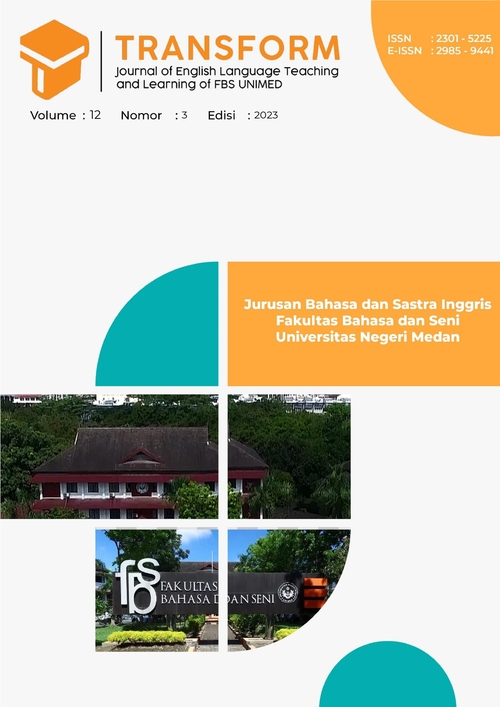Study of Literature on Business Ethics for Entrepreneurs
DOI:
https://doi.org/10.24114/tj.v12i3.52343Keywords:
Literature, Bank Indonesia, Business, EntrepreneurshipAbstract
Bank Indonesia as the monetary authority is responsible for the smooth running of the payment system. In general, the payment system in Indonesia is divided into two, namely the cash payment system and the non-cash payment system. In the cash payment system, the tools used are in the form of currency or commonly called banknotes and coins as a means of payment. Then in the non-cash payment system, the tools used are Card-Based Payment Instruments, bilyet giro, checks, debit notes, and the latest instruments, namely electronic money. The range of cashless payment systems is divided into two types of transactions, namely transactions with large transaction values (wholesale) and retail transactions. While the number of entrepreneurs in Indonesia is still recorded at 0.43% of the total productive age population, this figure is very far behind neighboring countries, such as Singapore where the number of entrepreneurs has reached 7%, Malaysia 5%, and Thailand 3%. Meanwhile, according to the chairman of KPPU said that in 2017 the number of entrepreneurs in Indonesia ranged from 1.6% - 1.8% of the total population in Indonesia. This number is still very far from the standards of developed countries with a minimum number of entrepreneurs of 2% of the total productive age, to overcome this the government seeks to create 20,000 new entrepreneurs and the development of 1,200 Small and medium industry centers or can be called SMIs. In this article, we provide an idea from Bank Indonesia for business ethics for entrepreneurs. The method used in this article is to study the literature and review some of the references obtained. So it is hoped that this idea will have a good impact on readers and provide changes for Indonesian entrepreneurs in the future.Downloads
Published
2023-10-26
Issue
Section
Articles
License
Copyright (c) 2023 Elisa Betty Manullang, Primus Paroloan Simarmata

This work is licensed under a Creative Commons Attribution-ShareAlike 4.0 International License.
Authors who publish with this journal agree with the following terms:
- Authors retain copyright and grant the journal right of first publication with the work simultaneously licensed under a Creative Commons Attribution License that allows others to share the work with an acknowledgment of the work's authorship and initial publication in this journal.
- Authors are able to enter into separate, additional contractual arrangements for the non-exclusive distribution of the journal's published version of the work (e.g., post it to an institutional repository or publish it in a book), with an acknowledgment of its initial publication in this journal.
- Authors are permitted and encouraged to post their work online (e.g., in institutional repositories or on their website) prior to and during the submission process, as it can lead to productive exchanges, as well as earlier and greater citation of published work (See The Effect of Open Access).
- This work is licensed under a Creative Commons Attribution-ShareAlike 4.0 International License.

This work is licensed under a Creative Commons Attribution-NonCommercial-ShareAlike 4.0 International License.



